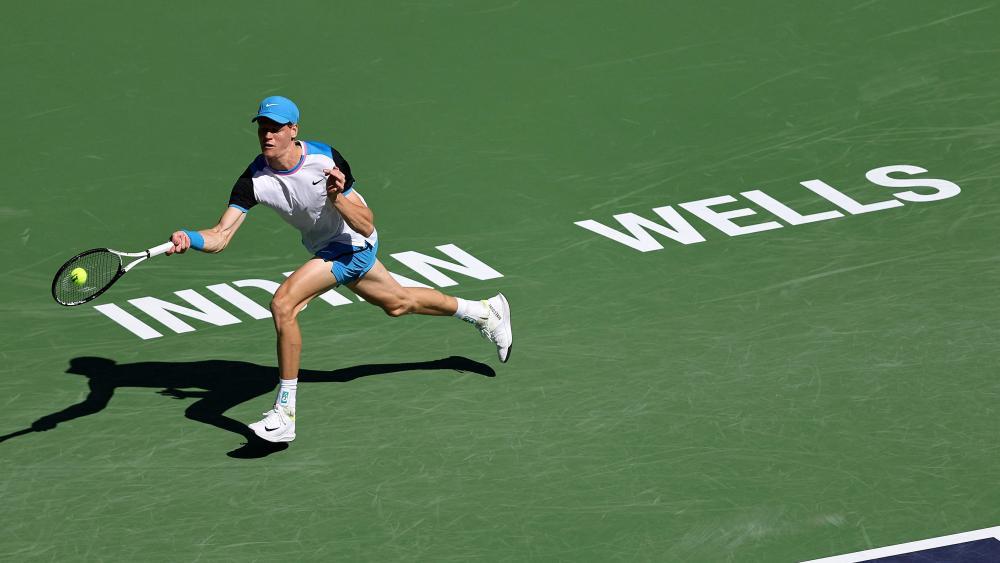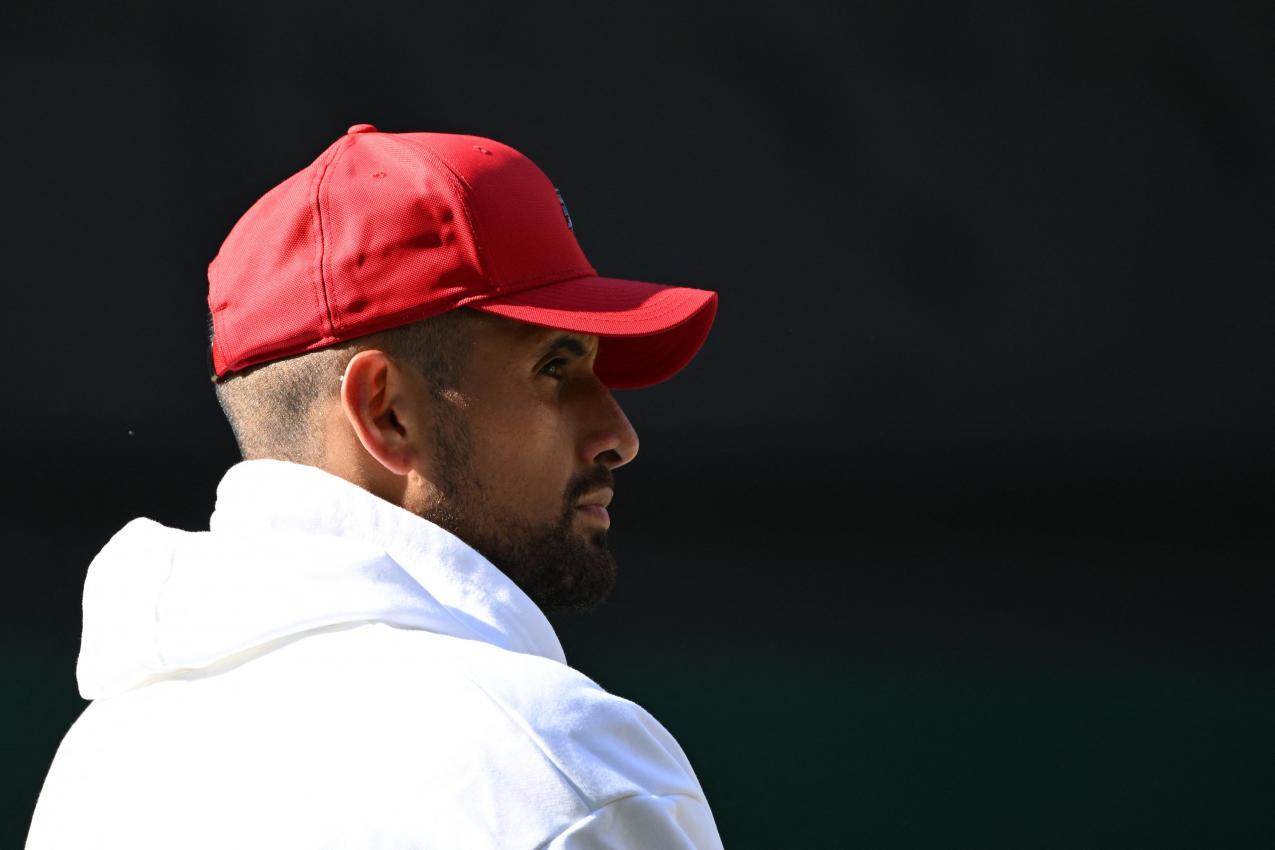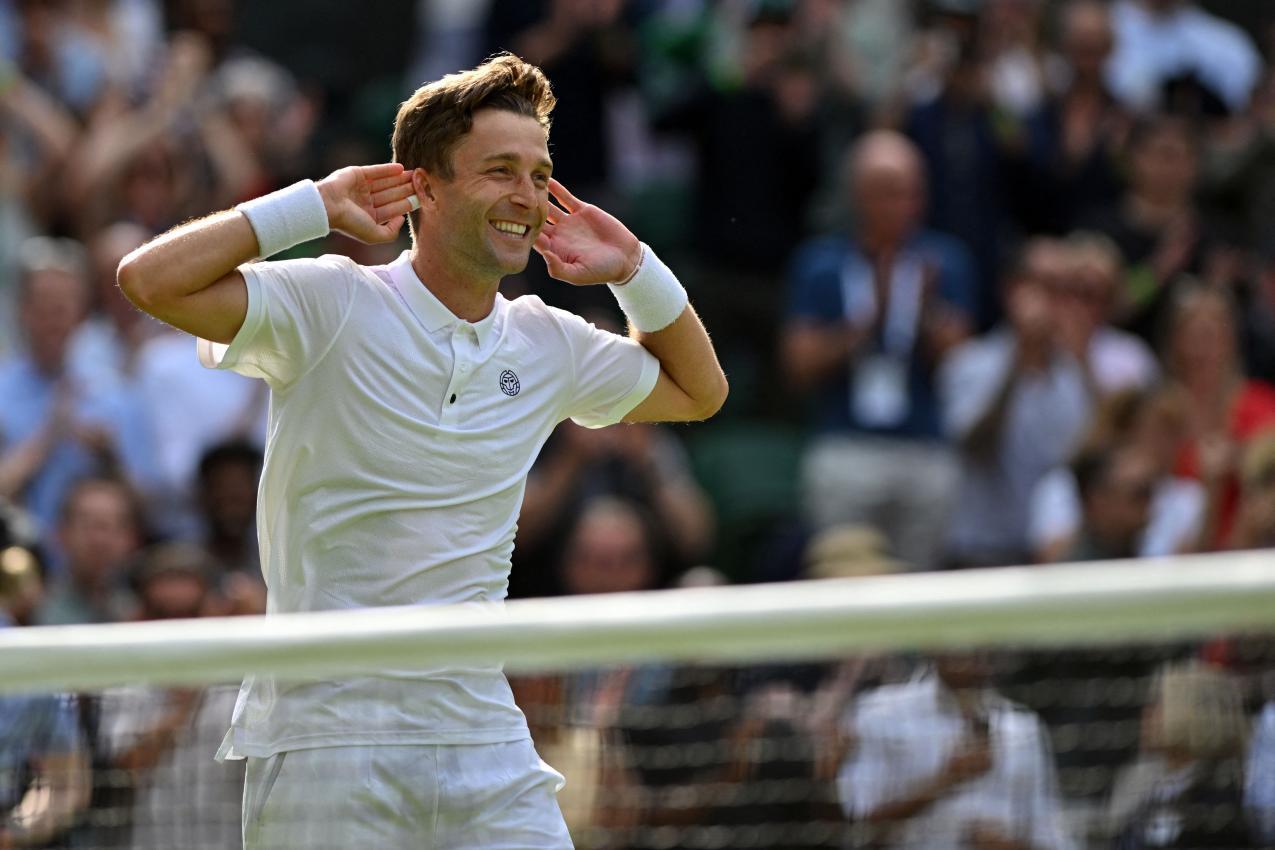
Jannik Sinner tested positive for banned substances during Indian Wells. © APA/getty / MICHAEL OWENS
Tennis stars criticize Sinner case: “Should be banned for 2 years”
After the surprising publication of Jannik Sinner's statement on the doping investigations, critical reactions came from the tennis world within a few hours. Although the South Tyrolean was acquitted, the way the situation was handled was nevertheless heavily criticized.
August 20, 2024
From: do
A terrible child Nick Kyrgios did not miss an opportunity to give his opinion on the case ( SportNews.bz reported). In a post on social media, the integrity of the doping controls was questioned. Kyrgios questioned how it was possible for a player to be tested twice with a banned substance and yet not face serious consequences: "Ridiculous - whether it was intentional or not. You get tested twice with a banned substance... you should be banned for two years. Performance improved. Massage cream... yeah, nice."
After his first post on social media, the Australian tennis pro ranted again a little later: "Unintentionally? Do you really think the physio rubbed physio cream on a cut that caused him to fail two tests for anabolic steroids? Come on..."
Nick Kyrgios has a strong opinion about Sinner's case. © APA/afp / SEBASTIEN BOZON
In a third post, Kyrgios also questioned the punishment in which Sinner was deducted points and prize money from Indian Wells: "Then why did they deduct the prize money and points from Indian Wells? Did he do something wrong or not? Because they said he failed two tests."
Shapovalov intervenes
Denis Shapovalov expressed concern about the perception of injustice. He wondered: "I can't imagine what every other player who was banned for contaminated substances feels now." Shapovalov criticized that there seemed to be different rules for different players and that the Sinner case might reflect unequal treatment of players.Liam Broady, a British tennis player, stressed that the case was problematic, regardless of Sinner's guilt: "Whether Sinner is doping or not. That is not right. Many players go through the same thing and have to wait months or years until their innocence is declared. Not a good impression." Broady alluded to the fact that the South Tyrolean, as number 1, had probably been treated differently than other cases.
Liam Broady also made his voice heard. © APA/afp / GLYN KIRK
Tara Moore, who was involved in a similar case, also criticized the supposed inequality in the treatment of top players compared to less prominent players: "I assume only the image of the top players counts and only the opinion of the independent tribunals about the top players is considered reliable and correct. While they question my case. That just doesn't make sense." Moore made her comeback in April after having to serve a two-year doping ban.
The bottom line is that the South Tyrolean was acquitted. What was going on behind the scenes, including at the ITIA (International Tennis Integrity Agency), can only be speculated about. Nevertheless, the players' different views raise questions about the anti-doping system and equal treatment.
Edit Profile
You have to sign into use the comment function.










Comments (0)